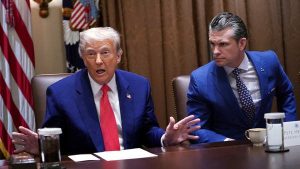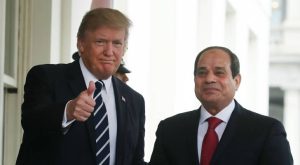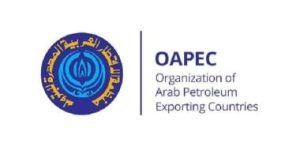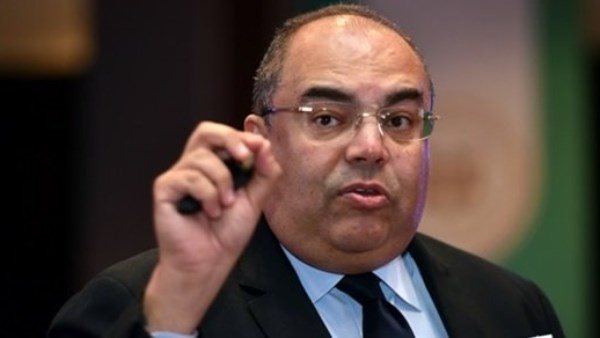Mahmoud Mohieldin, the UN Special Envoy for Financing the Sustainable Development Goals, stated that economic growth is essential to achieving development and progress. He referred to his 2008 article published in “Nawafeth” magazine, when he was Minister of Investment, titled “But… Growth Alone is Not Enough.”
He has reiterated this in numerous articles and interviews over the years, presenting his vision to overcome crises and move towards inclusive and sustainable growth.
In a 2020 interview with Al-Ahram newspaper, when appointed as the UN envoy for financing sustainable development programs, he explained that financing the 17 Sustainable Development Goals adopted by world leaders in 2015 requires coordination among multiple sources: public budgets, private investments, international aid, as well as international trade and public debt management, leveraging digital transformation and technology.
He pointed out that his UN program focuses on three main pillars: first, restructuring public budgets to clearly prioritize health, education, and infrastructure; second, enhancing the role of the private sector as the primary global economic employer, with the need to provide a supportive investment environment; and third, localizing development by empowering local administrations with sufficient resources and revenues within a strict system of oversight and transparency. He cited the experiences of Vietnam and Colombia, where coordination between the central government and local authorities yielded tangible results in attracting investments and improving living standards.
In a 2019 article in Asharq Al-Awsat newspaper, Mohieldin emphasized that emerging economies need a new investment approach, considering that economic growth alone is insufficient without fair distribution of opportunities and incomes.
He stated that the true measure of progress is the regular increase in average per capita income through productivity growth, noting that investing in people and modern infrastructure is the way to achieve this. He also explained that addressing growth challenges requires a partnership between the public and private sectors, utilizing technology and digital transformation potentials.
Last week, in an interview with Al-Masry Al-Youm newspaper, Mohieldin affirmed that sustained growth requires enhancing competitiveness, expanding the production base, and supporting the middle class as a pillar of social stability.
He added that investment in productive and service sectors must be aimed at creating real job opportunities, and that Egypt must double its efforts to combat multidimensional poverty through cash support programs and expanding health, education, and social housing services.
He also said: “For any economy to avoid resorting to the International Monetary Fund, it must achieve the ability to maintain stability and continuous growth, and have capabilities to protect itself from external shocks. This is fundamentally linked to coordination between fiscal and monetary policies as a necessary condition for growth and competitiveness.”
In an interview with Al Arabiya Business channel, Mohieldin called for a different economic path from the approach associated with IMF programs in recent years.
He explained that the Egyptian economy remained in crisis management mode since 2015 and 2016, which was necessary then due to financial and monetary imbalances and external shocks, but it is no longer sufficient today.
He said: “It is time for Egypt to adopt a completely different approach, away from the IMF-related situation, and to shift the path to a program of growth, competitiveness, increased investment, and re-empowerment of the middle class.”
He also praised the recent measures by the Central Bank of Egypt in addressing the parallel currency market crisis and the historic primary surplus achieved by the general budget at 3.6% of GDP. However, he stressed that these financial indicators alone are not enough to measure how well the economy meets citizens’ needs, noting that Egypt’s GDP has remained steady at around $480 billion since 2015, reflecting challenges in achieving real growth that keeps pace with population increase.













Recommended for you
Talib Al-Rifai Chronicles Kuwaiti Art Heritage in "Doukhi.. Tasaseem Al-Saba"
Exhibition City Completes About 80% of Preparations for the Damascus International Fair Launch
Unified Admission Applications Start Tuesday with 640 Students to be Accepted in Medicine
Egypt Post: We Have Over 10 Million Customers in Savings Accounts and Offer Daily, Monthly, and Annual Returns
His Highness Sheikh Isa bin Salman bin Hamad Al Khalifa Receives the United States Ambassador to the Kingdom of Bahrain
Al-Jaghbeer: The Industrial Sector Leads Economic Growth